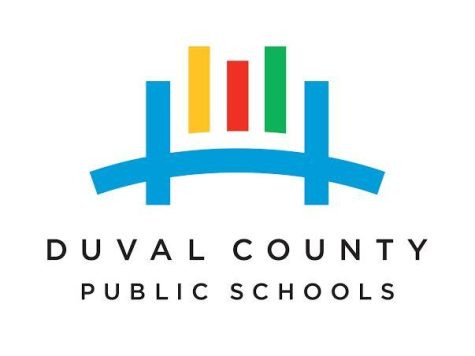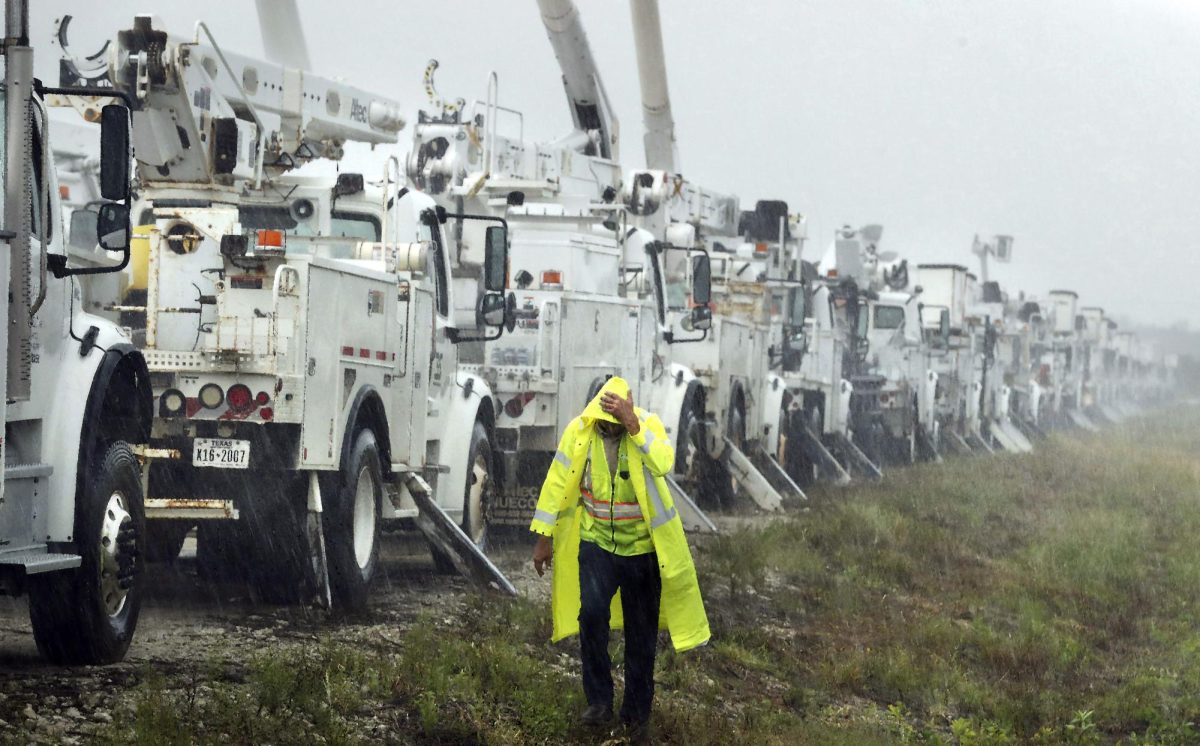Duval County Public Schools have canceled their decade-old Youth Risk Behavior Survey at the urging of the Florida Department of Education and will lose their half-a-million dollar federal grant that helps fund teen health centers and other prevention coalitions.
The YRBS is a self-administered, anonymous and optional survey that measures data on student behavior in areas including tobacco, alcohol and drug use, sexual and physical activity, bullying, suicide and violence. It’s been administered to Duval County’s middle and high school students since 2009.
About one in four middle school students (24.4%) reported making a plan to commit suicide and more than 16% of high school students reported attempting suicide in the year before the survey, according to the survey Duval County students took in 2021.
The survey also found that approximately 14% of high school students reported being forced to have sexual intercourse.
On Feb. 9, the Florida Commissioner of Education sent a letter to Duval County Superintendent Dr. Diana Greene “strongly urging” her to reconsider their participation in the survey, claiming the “CDC Survey asks leading questions phrased in such a way that may actually introduce risky behaviors to students,” according to a copy of the letter sent to News4Jax.
The YRBS is a required component of the half-a-million-dollar CDC grant, so by discontinuing the survey, these counties now lose funding for three other resources:
- Sexual Health Centers that include 15 Teen Health Centers staffed by nurses and health educators that provide health education and STD, HIV and pregnancy testing, linkage to treatment, care and counseling
- Safe and Supportive Environments including Gender & Sexualities Alliances and resources for LGBTQ students
- Sexual Health Education that teaches medically accurate, age-appropriate reproductive health lessons and teacher training

While losing the funding for these clinics doesn’t mean they will be taken from public schools, as they are required, but the grant goes toward paying trainers and educating teachers on how to answer difficult questions from students.
“A lot of people rely on this data so they can get their own funding to pay for local initiatives to serve kids and families,” Professor Elissa Barr said. “We’ve calculated that millions of dollars of prevention funding will be lost in Florida without this data.”
Elissa Barr is a public health professor at the University of North Florida and is a research coordinator for the YRBS. She explained that one result of the YRBS data shows that sexual behaviors are down in both middle and high schools, but over the past ten years, there has been a statistically significant increase in those who have considered suicide.
“This data shows that we need much more support and emphasis on mental health for our youth,” Barr said.
Local community groups like Florida Suicide Prevention Coalition, Kids Hope Alliance and more use this data to document local needs and therefore apply for their own grants to continue their programs. Barr explained that getting grant funding is competitive, so groups have to show funders a data-driven need, which typically came from the YRBS.
From Aug. 2022 to Jan. 2023, Duval County Teen Health Centers have served over 1,000 students with individual and group health education and testing. They have identified three teens positive for HIV—the youngest being 14—156 teens positive for an STD and 27 pregnant teens, who all have received continued support through treatment, care and counseling.
Barr explained that the YRBS can be modified, and they are willing to take out certain questions that the Department of Education views as “inappropriate” such as sexual behavior, but those efforts have not been well received.
“I think it’s really important to know that even though we’re being told not to do it, we’re saying, ‘wait a minute, can we compromise?’” Barr said. “It’s a survey that has stood the test of time and has allowed many people to continue their work, their services and programs because of this data.”
When the decision was first made to discontinue the survey in 2022, the Department of Education said it would be developing its own survey, but Barr said that the committee members developing that survey are not all health and education experts. She said some people have suggested it’s going to be more about what’s happening in the classrooms and what’s being taught, versus assessing youth risk behaviors.
“The children’s right to voice their realities is going to be lost,” Barr said. “It’s our job to meet [students] where they are. Whether adults agree with what they’re doing or not, that doesn’t matter. They’re still children, teenagers, and they need our support.”

Just some of the 2021 Duval County Middle School YRBS results showed that roughly 12% currently use electronic vapor products, 28% have ever used alcohol, 36% were ever bullied on school property and 33% have ever carried a weapon.
“I have to ask, why would we not want to know if children have been bullied or in fights? Or carried guns to school?” Barr said. “Why would we not want to know about the mental health crisis confronting them? And how many are depressed and think about suicide? Why would we not want to know about the drugs and alcohol that they’re using? And all the things that they’re facing?”
As for the long-term effects discontinuing this survey may have on students and schools, Barr said the district won’t be able to evaluate the energy, efforts and programs in schools to determine whether they’re making a difference for kids, and administration and adults lose the ability to know what struggles and experiences students are going through.
“We cannot deny the data,” Barr said. “We have to make data-driven decisions even if it tells us things we do not like.”
As for now, the YRBS has been discontinued in Duval County, and although each county has individually been working with the CDC to try and figure out a way for them to still receive the grant, Barr said from what she’s been hearing, it’s been “black and white” at the state level.
Access the full survey results and fact sheet here.
___
For more information or news tips, or if you see an error in this story or have any compliments or concerns, contact editor@unfspinnaker.com.
















